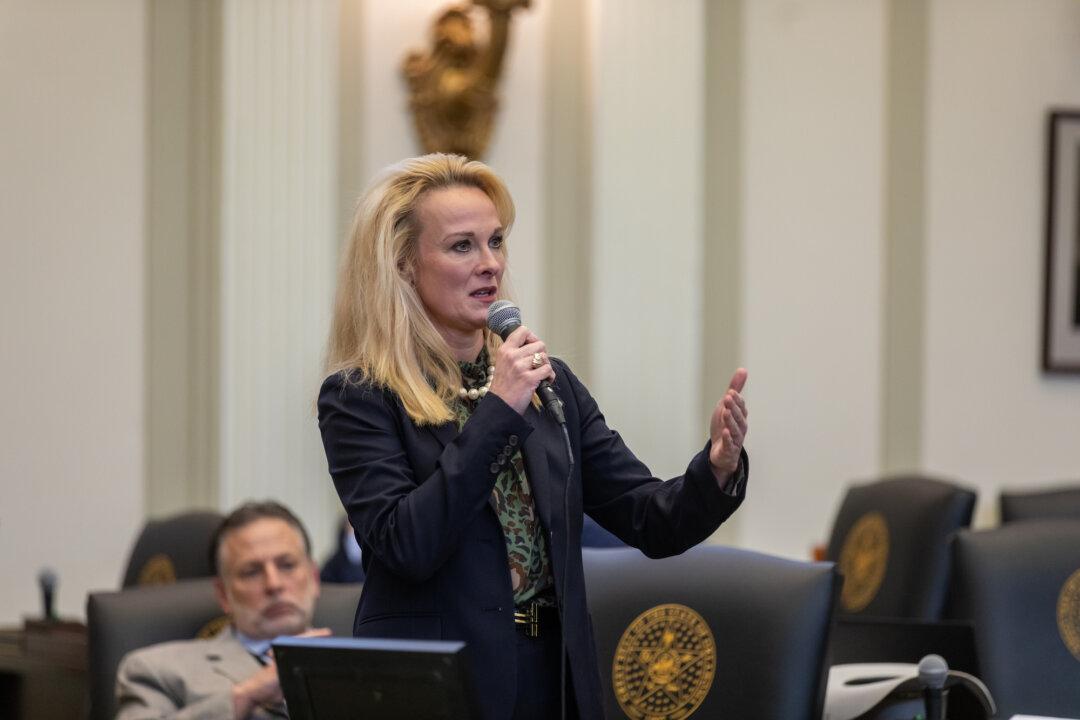The Oklahoma House has passed a bill to define a person’s gender based on biological sex.
House Bill 1449, also known as the “Women’s Bill of Rights,” authored by State Rep. Toni Hasenbeck, was passed in a vote of 76-19 on Thursday. (pdf)

The Oklahoma House has passed a bill to define a person’s gender based on biological sex.